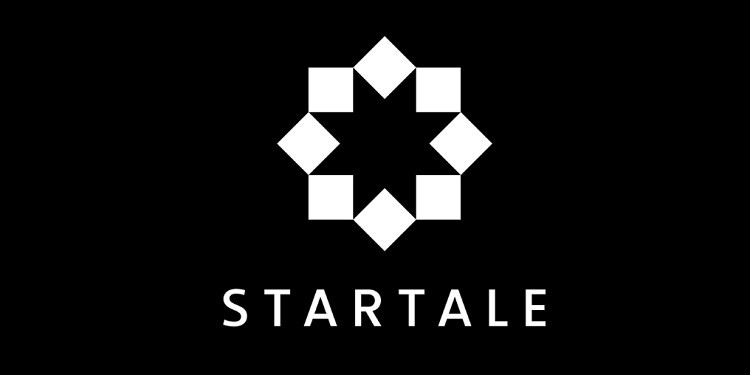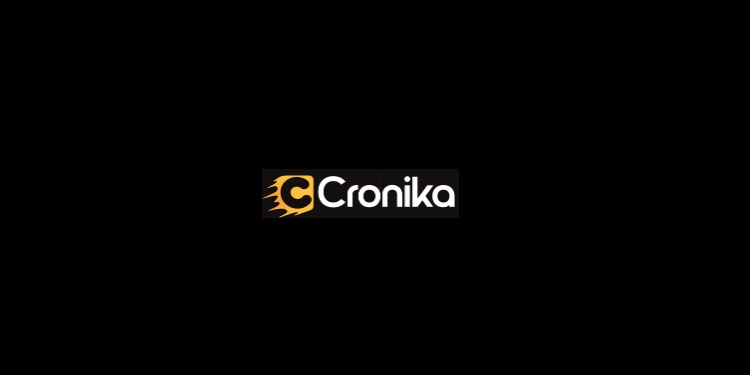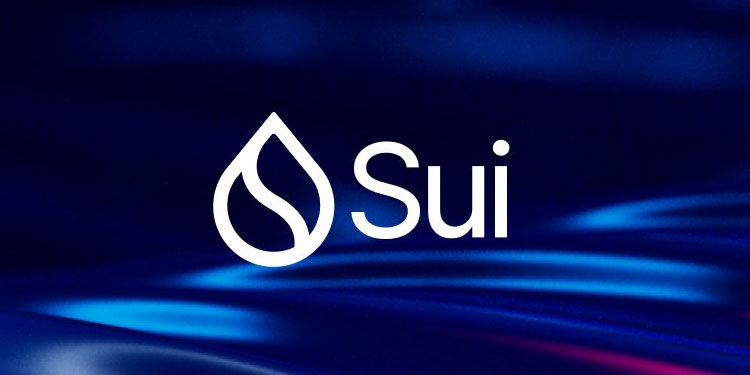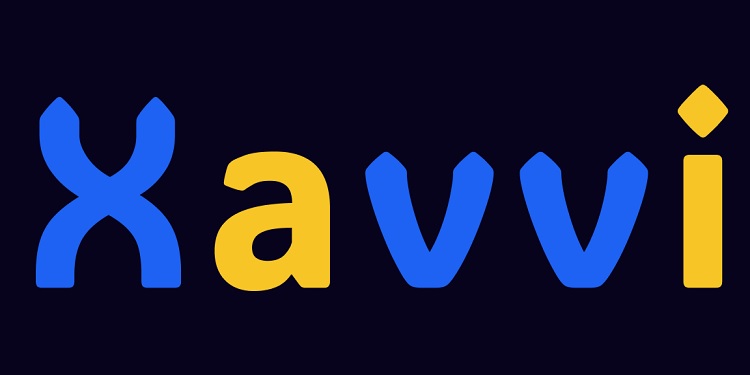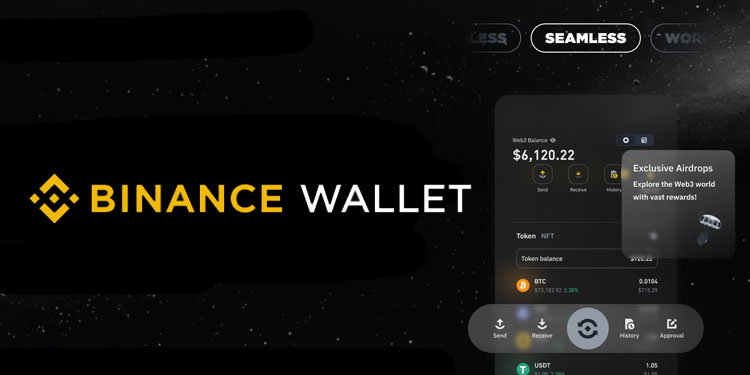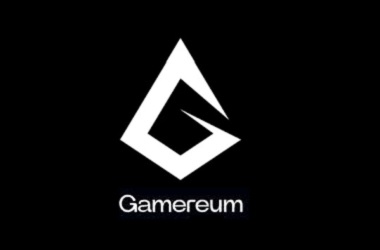 In a strategic move, Tether, the leading stablecoin creator responsible for USDT, has unveiled a groundbreaking official recovery tool. This tool is designed to facilitate the efficient transfer of USDT holdings between blockchains, mitigating potential disruptions caused by blockchain interruptions. The introduction of this recovery tool aims to ensure uninterrupted access to USDT for its extensive user base.
In a strategic move, Tether, the leading stablecoin creator responsible for USDT, has unveiled a groundbreaking official recovery tool. This tool is designed to facilitate the efficient transfer of USDT holdings between blockchains, mitigating potential disruptions caused by blockchain interruptions. The introduction of this recovery tool aims to ensure uninterrupted access to USDT for its extensive user base.
Enhancing User Experience:
The newly launched recovery tool offers users a streamlined process to initiate the migration of USDT from affected blockchains. Through a user-friendly interface, individuals can easily verify their ownership of addresses on unresponsive blockchains and specify a recipient address on another supported blockchain. This user-centric approach is geared towards enhancing the overall experience of USDT holders during blockchain transitions.
Security Measures in Place:
Tether places a strong emphasis on security throughout this process, employing various measures to safeguard user assets. These include cryptographic signatures, along with support for popular browser extension wallets and hardware wallets such as Ledger or Trezor. The implementation of security features ensures the integrity of transactions and provides users with confidence in the safety of their digital assets.
Versatility Across Blockchains:
Notably, Tether’s USDT operates on nearly 15 different blockchains, including prominent ones like Bitcoin, Ethereum, Polygon, Solana, Tron, and Tezos. This extensive presence underscores Tether’s commitment to responsibility in ensuring widespread accessibility. The company maintains a rigorous risk assessment protocol before integrating with new blockchains, prioritizing the security and stability of its users’ assets.
Advanced Command-Line Interface:
Complementing the user-friendly interface, Tether’s recovery tool also offers an advanced command-line interface. This feature allows users to input their private keys and sign messages using open-source scripts locally. The inclusion of this interface provides a more technical option for users who prefer a command-line approach, further enhancing the tool’s versatility.
Conclusion:
Tether’s introduction of the official recovery tool marks a significant stride in ensuring the seamless movement of USDT holdings across various blockchains. By prioritizing user experience, incorporating robust security measures, and extending compatibility to multiple blockchains, Tether demonstrates its commitment to innovation and user satisfaction. As the cryptocurrency landscape continues to evolve, tools like these play a crucial role in maintaining the accessibility, security, and trustworthiness of digital assets for users worldwide.

